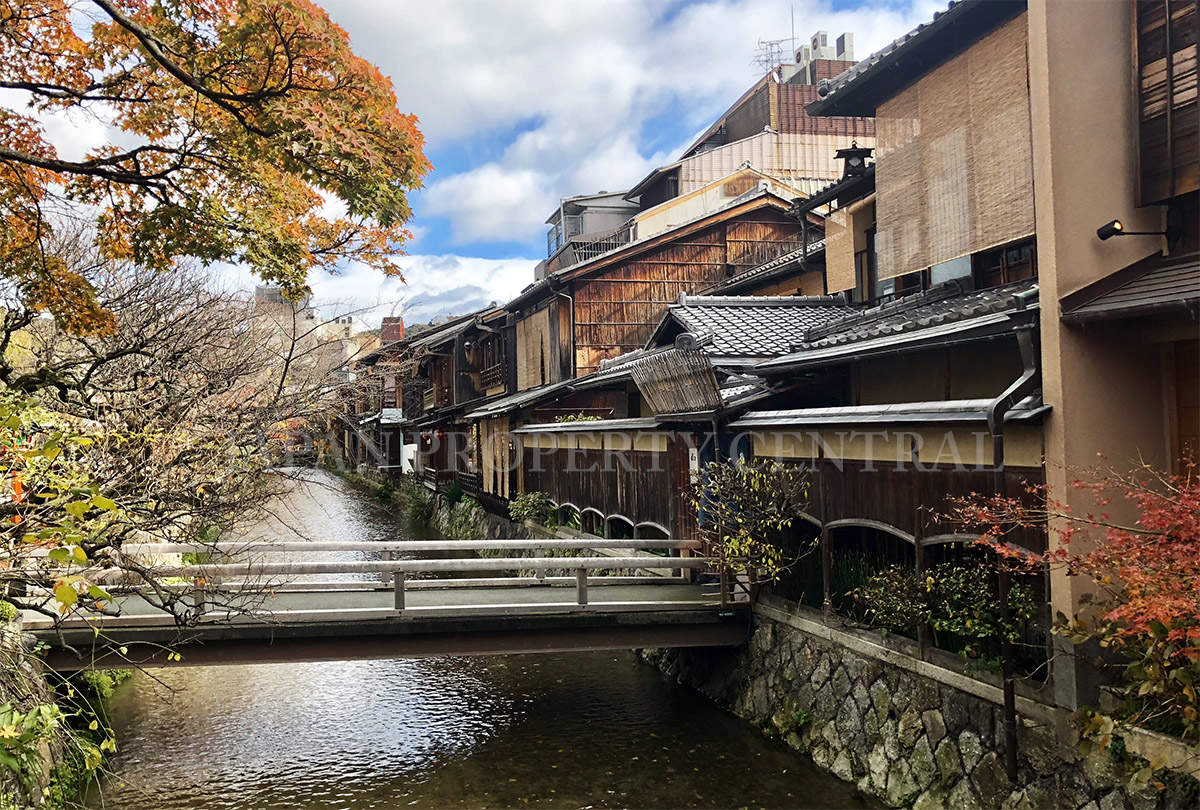Tokyo’s Chuo ward to ban minpaku rentals 5 nights a week
Tokyo’s Chuo Ward is planning to introduce tight regulations that will ban minpaku-style overnight rentals in private residences from midday Mondays through to midday Saturdays, allowing a host to only operate on Saturday and Sunday nights. This regulation will override the new national law that will go into effect from June 2018.Read more
Tokyo’s Chiyoda Ward to impose strict rules on short-term rentals
Tokyo’s Chiyoda Ward has announced plans that could require hosts of minpaku-style short-term rentals required to either live in the property with the guests or within close proximity. The new rules could be introduced in June to coincide and override the national regulations set to go into effect this year.Read more
Tokyo’s Ota Ward first in Japan to ban overnight accommodation in exclusive residential zones
Tokyo’s Ota Ward is the first district in Japan to ban all minpaku-style overnight or short-term accommodation in exclusively residential zones. On December 8, local councillors voted in favor of the ban with the rules to go into effect from June 15, 2018.
Ota was one of the first areas in Japan to actively promote and encourage short-term rentals. In January 2016 Ota ward allowed registered hosts of properties in approved 'special zones' to rent out accommodation for minimum stays of 6 nights without needing a hotel license. Normally a stay of less than 30 days would require a hotel license. Councillors have also voted in favor of reducing this stay to a minimum of 2 nights and 3 days.Read more
Kyoto’s proposed short-term letting rules to be strictest in country

On November 30 Kyoto City announced their proposed regulations for Airbnb-style short-term rentals. To provide support for complaints and emergency situations, hosts may be required to have a full-time manager stationed in an office within an 800 meter radius of the property. Hosts may also be required to submit a written oath to the city stating that they have not been operating an unlicensed BnB within the past 3 months.
These regulations will over-ride the new nationwide law set to go into effect from June 2018 that will allow overnight stays in non-hotels for up to 180 nights per year.Read more
Yokohama may ban short-term letting on weekdays
Yokohama City is following in Shinjuku’s footsteps by proposing to introduce a ban on short-term Airbnb-style letting on weekdays. The plan would prohibit minpaku rentals from Mondays through Thursdays in areas zoned as Exclusively Low-Rise Residential. The plan will be open to public comment until December 19, with the draft to be submitted to the city council in February 2018.
Approximately 31% of Yokohama City’s area is designated as an Exclusively Low-Rise Residential Zone. The reasoning for the week-day ban is to ensure a peaceful environment for those who work during the week and do not want their neighborhood interrupted by travelers while trying to rest on weeknights.Read more
Real estate company reported to prosecutors for illegal BnB in Kyoto
Kyoto’s Economic Crime Investigation Division and the Ukyo Police Department have sent papers to prosecutors on a Nagoya-based real estate company under suspicion of illegally renting out a house in Kyoto City to tourists. A total of five people from the company, including the company president, are accused of acting as an intermediary for the property owner, by advertising the house as short-term accommodation on booking sites. This is a rare case where an intermediary or management company has been caught up in potential charges.
The 3-storey house was reportedly rented to foreign tourists on an overnight basis for around 50,000 Yen per night, without having any of the required hotel licenses or permissions. The house is in an exclusive residential zone, which currently prohibits any sort of hotel operations.Read more
Kyoto City might limit some Airbnb-type rentals to just January and February months
Kyoto City has started official discussions that may see Airbnb-type short-term rentals in certain residential zones limited to just the January and February months and for no more than 60 nights in total.
Hosts looking to rent out places in primarily residential neighbourhoods in central Kyoto, including areas around Kinkaku-ji temple and Nanzen-ji temple, may find themselves limited to the off-season winter months. Under the proposal, properties located in exclusive residential zones (Category I and II Exclusively Low-Rise Residential Zones, and Category I and II Mid/High-Rise Oriented Residential Zones) may only be rented to tourists for the months of January and February, with a maximum limit of 60 nights over those two months. There may be some relaxation of the rules for hosts who live in the properties or live nearby.Read more
